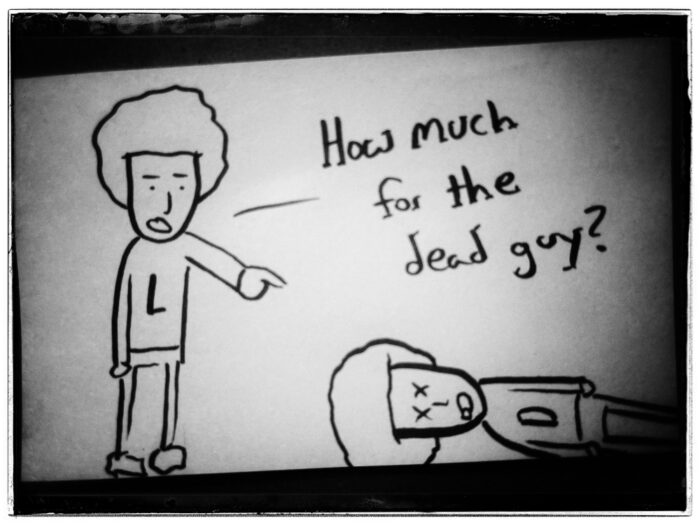I had a tough time meeting my reading goal yesterday. Being on winter break can really throw me for a loop, and any productive habits I have developed are likely to get tossed out the window in favor of bumbling around the house, eating junk food, and taking frequent naps.
I try not to be too hard on myself about it, but I do feel that midwestern yearning to be busy all the time, which mostly just amounts to my feeling guilty about eating carrot cake in bed at 2 in the afternoon.

Dead Souls by Nikolai Gogol (#378 on the list) has been entertaining so far, but is steeped in the quirks of Russian literature that make it difficult for modern readers to approach. The story follows a guy named “Chichikov” as he travels around the countryside buying up “dead souls.” This might sound like the plot to a bit of bizarre magical realism, but really it’s a satire of Russian bureaucracy. Chichikov, the hero, is running a scam.
In the early/mid 19th century, landowners in Russia also owned the serfs who worked their land. The government would tax the landowners based on how many serfs (“souls”) they owned, but the census that counted those serfs was taken infrequently, and if a serf died during the interim, the government wouldn’t list them as dead until the next census was taken. Thus, it was possible for landowners to be forced to pay taxes on their dead workers.
Chichikov, hoping to make a quick buck, realizes this and goes around asking landowners if they’ll sell him their “dead souls,” or the rights to those serfs who are deceased but still listed on the census. Practically, Chichikov will own nothing, but on paper he’ll have hundreds of serfs.
Landowners are, most frequently, glad to be rid of their “dead souls,” because it means they have to pay fewer taxes. A few, though, try to make Chichikov pay through the nose.
What’s the endgame of this gambit? Well, Chichikov plans to take the deeds he has to these serfs and secure a loan against them, after which he will disappear with the cash. When the bank tries to recoup their losses, they’ll find they now own nothing but a bunch of corpses.

I would be excited to find out if the plan works, but nobody knows how it ends. Nikolai Gogol died before he could finish Dead Souls. The copy I have just sort of…quits in Part 2.
Why did anyone bother to publish an unfinished novel? Gogol was just that popular, I suppose. If anyone found an unfinished work by, say, Charles Dickens after he died, there’s no doubt that they’d publish it, climax or no. And, as a matter of fact, Dickens’ last novel — The Mystery of Edwin Drood — was published in its unfinished state.
I’m not a huge fan of this practice. That is to say, I’d much rather read books that have an ending, but what can you do?
Dead Souls is entertaining so far, and it’s strange to think that people think of this as a “realistic depiction” of life in rural Russia. Some of the characters are so over-the-top it’s hard not to think of them as absurdist.
